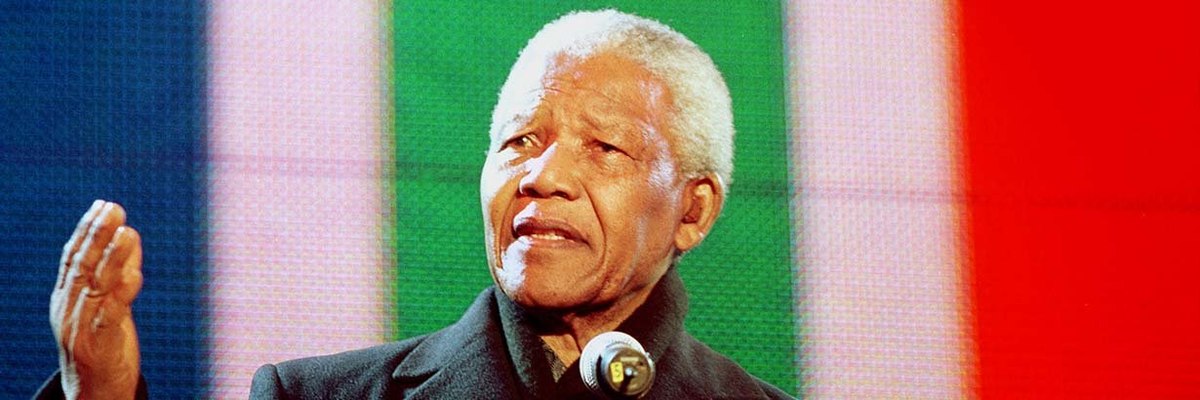Half of Britons remember Colin Firth’s Mr Darcy emerging wet-shirted from a lake, even though it never happened
You can always trust your own memory, or can you? Psychologists have long identified the ability of people to create false memories. When it comes to misremembering historical or cultural events, this is known as ‘the Mandela effect’, after an internet phenomenon in which many people revealed that they vividly remembered – incorrectly – that Nelson Mandela had died in prison during the 1980s.
Earlier this week, the FT dug into some particularly British examples of this effect. Now, a new YouGov poll sheds light on how many Britons actually hold these false recollections.
The FT’s prime example was the ‘iconic’ scene in the BBC’s 1995 adaptation of Pride and Prejudice in which Colin Firth’s Mr Darcy emerges wet-shirted from a lake on his Pemberley estate. Nearly half of Britons (49%) say they recall this scene, except it never actually happens: Mr Darcy is seen walking on his estate, having swum in his lake, but you never see him emerging.
Another quirk of the collective British memory is the colour of Walkers’ salt and vinegar crisp packets, with the public divided between the 39% who correctly recall them always being green and the 38% who insist they were once blue but were changed to green.
The history of KitKat packaging is also ground for misremembering. While 29% of Britons correctly identify that KitKat has never been hyphenated on the wrapper, 16% believe it is hyphenated at present, while a further 16% recall it being so at one point, before changing to the current unhyphenated styling seen today.
One of the most famous lines in the history of cinema is Darth Vader’s declaration to his son in The Empire Strikes Back of “Luke, I am your father”. Indeed, to the best of their recollection, nearly half of Britons (48%) remember this line, even though it’s not what he actually says. The Sith lord in fact tells Luke Skywalker “No, I am your father”, the version recall by 21% of Brits.
Younger Britons are most likely to give the correct answer, with 37% of 18-24 year olds identifying “No, I am you father” as Darth Vader’s line, though even then 35% incorrectly recall “Luke, I am your father”. Nonetheless, this compares to 28% of 25-49 year olds, 16% of 50-64 year olds and just 7% of over 65s getting the line right.
One of the more unusual misrememberings in the British psyche is about the Captain Pugwash children’s books and TV series, which 29% of Britons are under the impression included characters with double entendre names such as Seaman Staines and Roger the Cabin Boy, a myth that led to series creator John Ryan taking two national newspapers to court. In reality, none of the Black Pig’s crew had smutty names, as recalled by 20% of the public.
Those who are most likely to have watched the TV series as children, 50-64 year olds, are the most evenly divided on the nature of Captain Pugwash’s crews’ names, with 40% seemingly believing the BBC allowed Seaman Staines on children’s TV, relative to 37% correctly remembering the characters being Tom the Cabin Boy, Master Mate, Barnabas and Willy.
Half of Britons (52%) also believe that Shaggy from Scooby Doo has a visible Adam’s apple, even though he does not, while six in ten (59%) incorrectly recall that Mr Monopoly of the board game Monopoly wears a monocle, three times the 20% who correctly remember that he does not.
As for Nelson Mandela’s death itself, few Britons actually succumb to the original version of the effect, with just 3% of Britons incorrectly believing that Mandela died in prison in the 1980s, while 76% correctly recall him dying in 2013, having served as South African president.
Notably, this contrasts a bit with Americans: in 2022, 13% of Americans recalled Mandela dying in the 1980s, suggesting that the misremembering is something particular to the US.
Do you remember Walkers’ crisp packets changing colour? What do you think about your memory in general, and everything else? Have your say, join the YouGov panel, and get paid to share your thoughts. Sign up here.
Photo: Getty



















